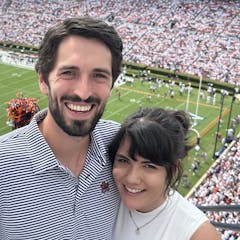
Articles on Political activism
Displaying 1 - 20 of 21 articles

There is a long history of self-immolation being used as a protest in the US – but that doesn’t stop such protests being regularly dismissed.

I’m a scholar, not an activist or an advocate. But now one of the most intimate, personal events of our lives had been turned into a political event by the state’s highest court.

If doxing is the malicious release of someone’s personal information without their consent, publicising politically charged discussions in a private chat group may not qualify.

Folk singer and activist Woody Guthrie actually had thoughts about the national debt – and politicians in general. They’re remarkably apt today.

The sad reality is that if the demands of these early activists had been met nearly a century ago, we would not be suffering the severe disadvantage that hovers over Aboriginal lives still today.

The climate emergency is in many ways the Vietnam of today’s young people. The 50th anniversary of the release of resisters to that conflict should give today’s decision-makers pause for thought.

Only a small percentage of women in rural areas have access to the Internet, so participation in online activism is limited to urban centres.

Voter demographics and policy priorities are two recurrent, big issues on Election Day – but shifts in election administration and voting laws are new challenges influencing the midterms.

Major companies around the world rely on third-party code. What happens when a programmer has a political point to make?

As many as 80% of young people want abortion to be legal, and most disagree with the Supreme Court’s recent Dobbs v. Jackson ruling. This could lead to high youth voting rates in the 2022 midterms.

Understanding how early on in childhood political interest is sparked –– and what sparks it –– is crucial to giving more people a voice

A new wave of political dissenters is emerging in China – and being repressed.

TikTok has a high aptitude as a booster for grassroot political activism, even in regions where freedom of expression is limited.

Even after years of delay, the arguments continue about what should be made public about this scandal.

As the U.S. election approaches, various groups have mobilized to vote. But witches have taken it a little further, organizing online spellcasting meet-ups to engage in magical resistance.

If teenagers organizing on social media can hamper a presidential campaign rally, how challenging is it to manipulate elections?

The criminalisation of fracking protesters is not the exception, it has become the rule.

Sex work using the internet is safer for sex workers and easier to police – why would MPs want to change that?

United’s CEO called the Trump policy ‘in deep conflict’ with his company’s values, the latest example of a corporate leader speaking out on a political issue, something almost unheard of a few decades ago.

A parliamentary committee has identified major flaws in the Australian government’s proposed changes to electoral law, which have big implications for charities.
